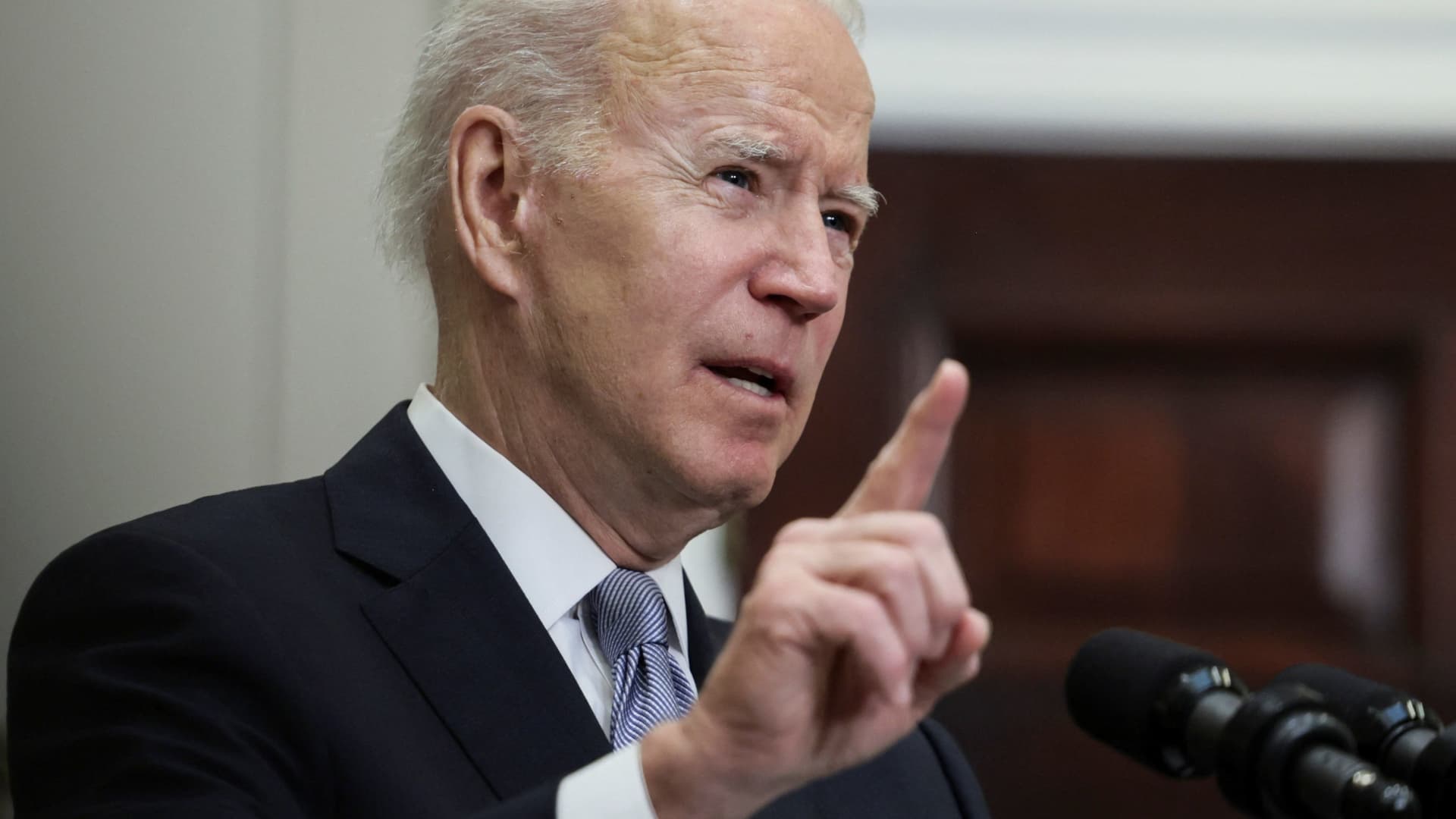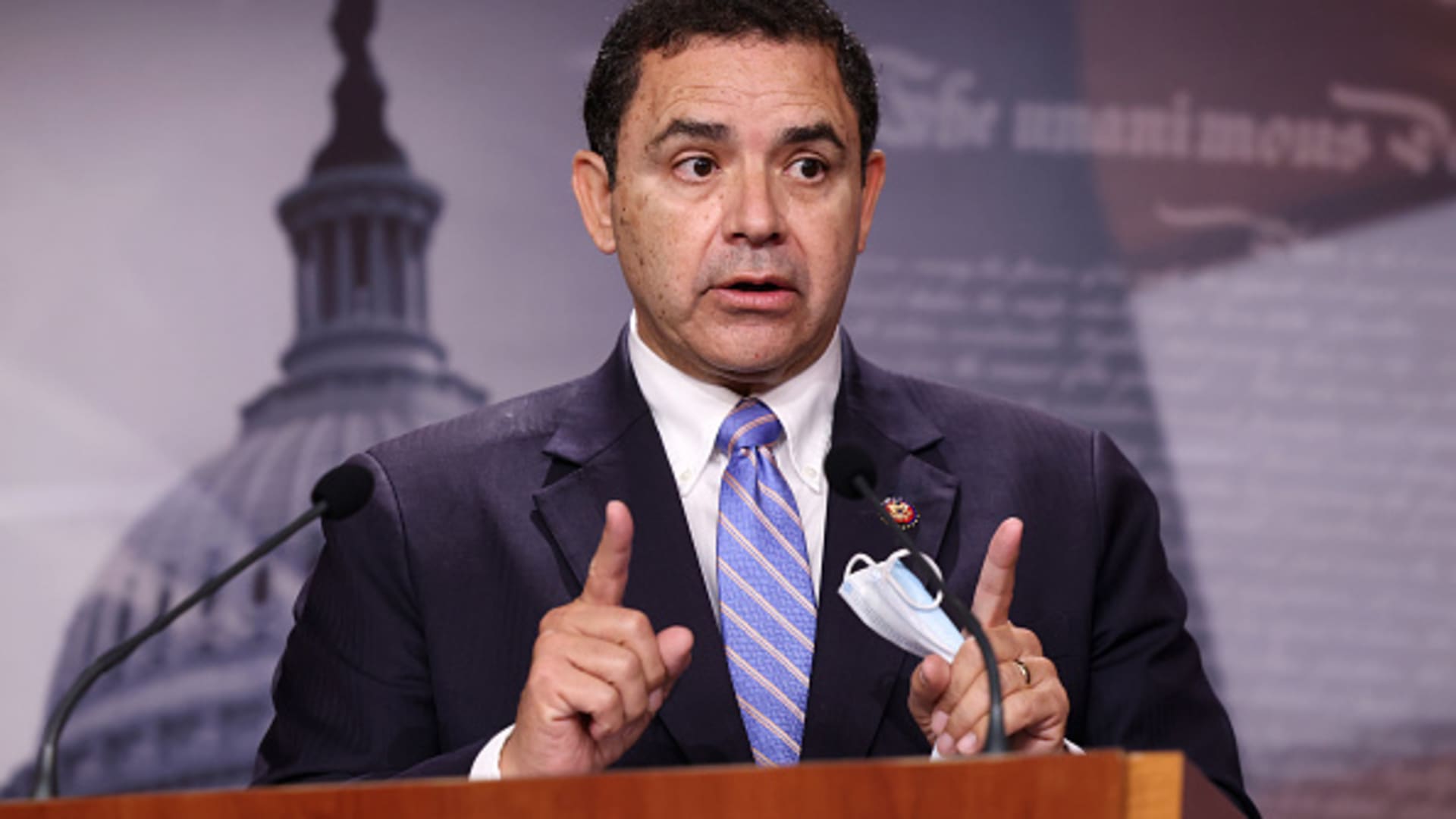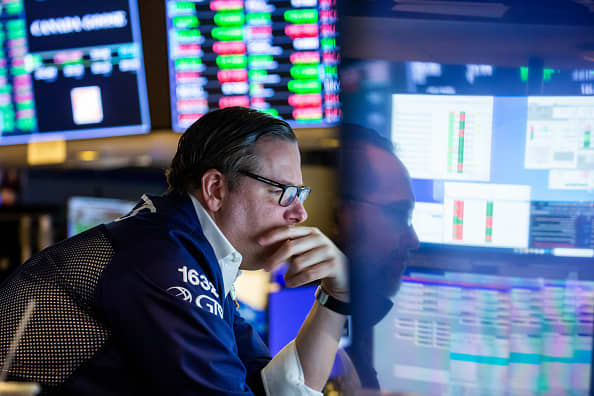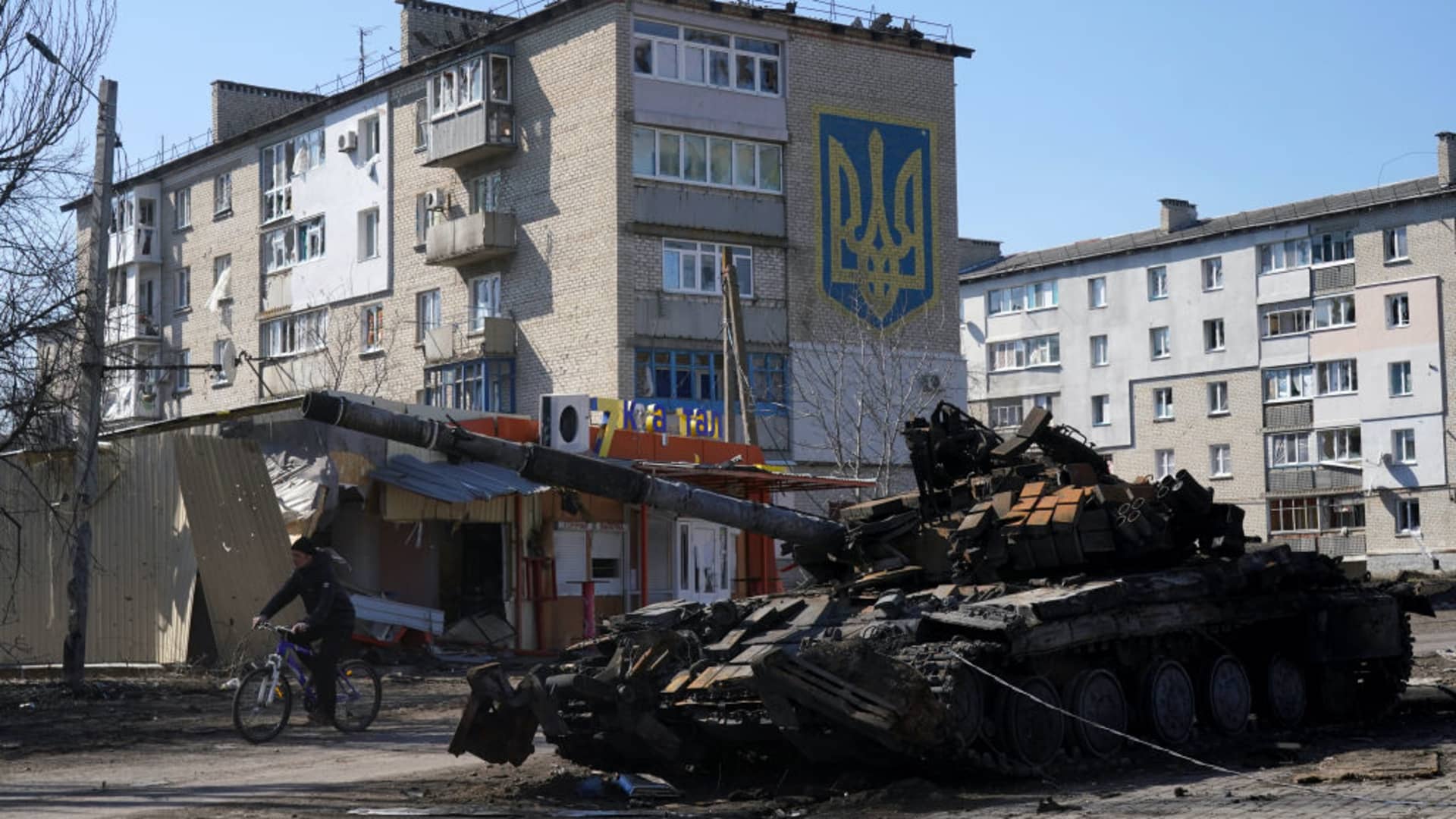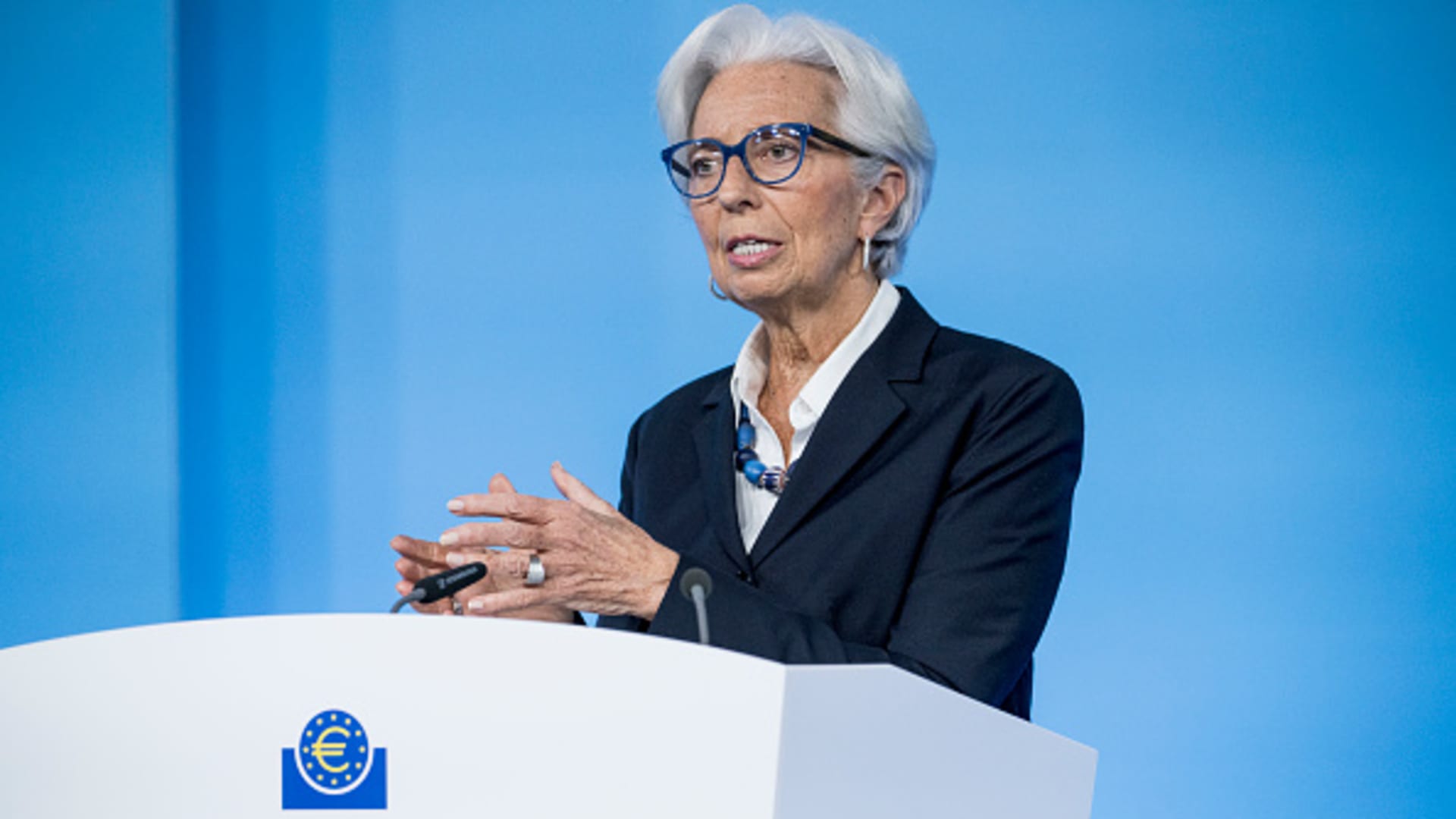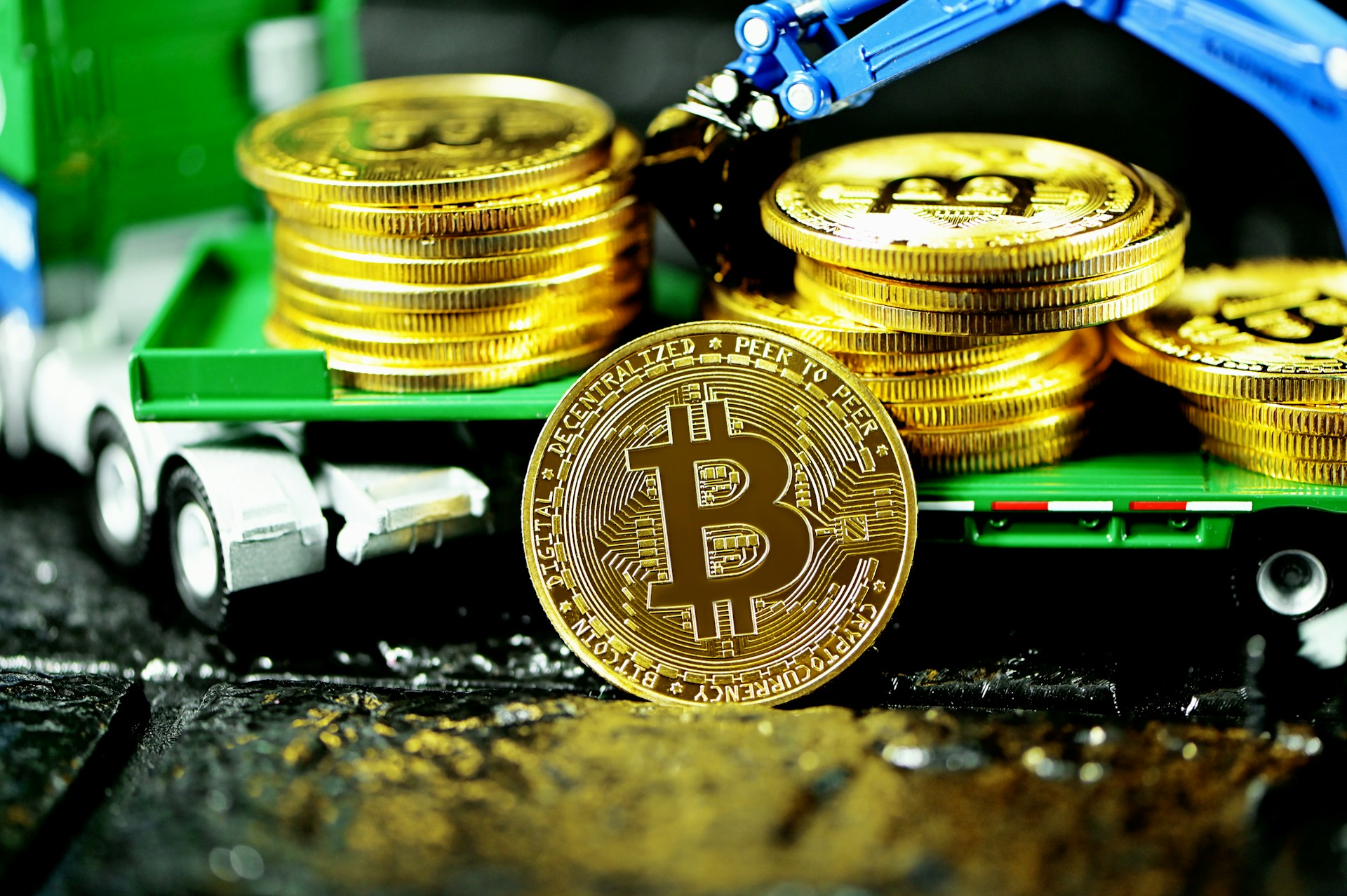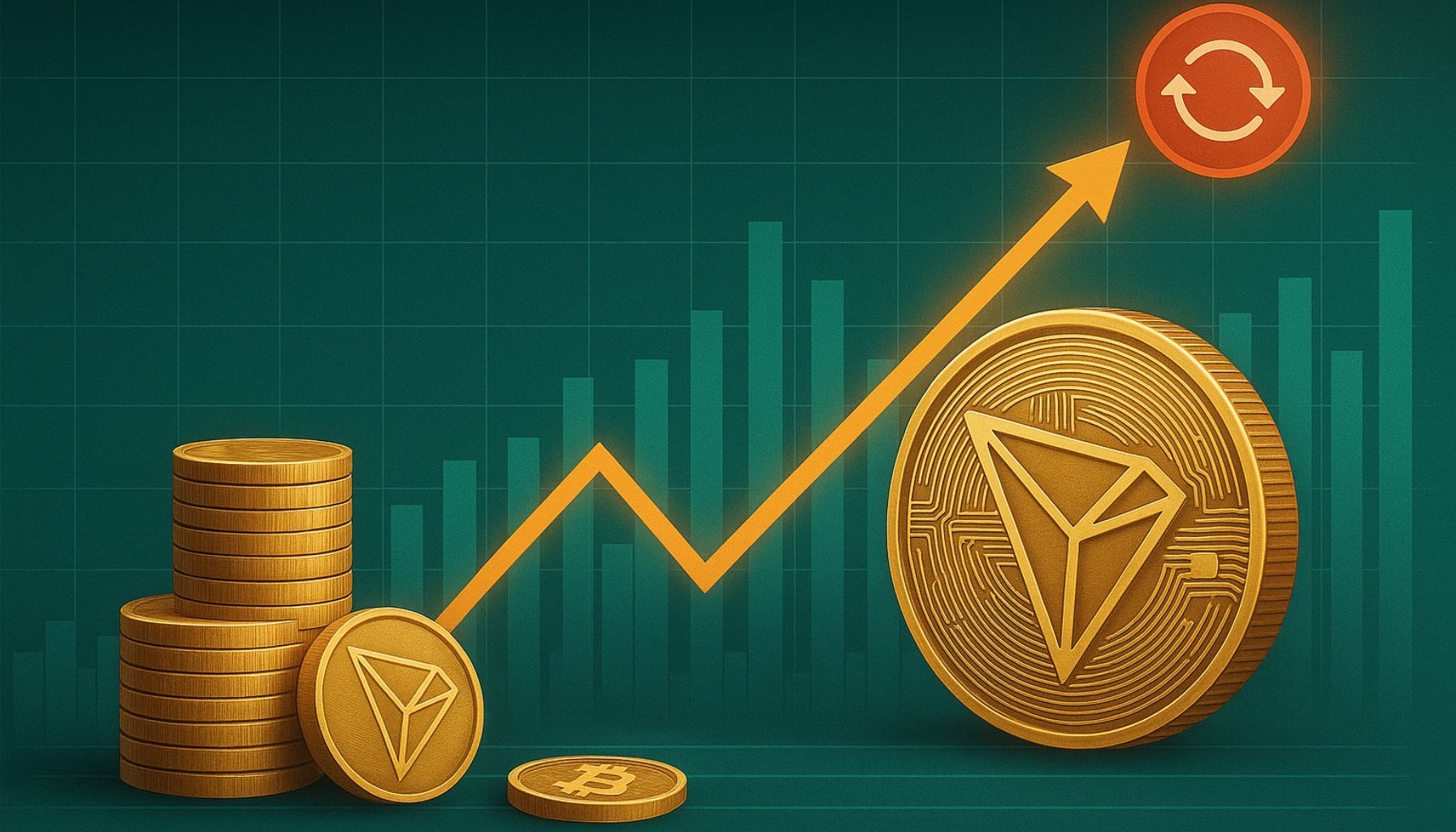Trump-admiring populist Milei wins in Argentina, edging the country closer to a dollarized economy
Far-right political outsider Javier Milei's shock win in Argentina's election leaves the country in uncharted economic territory.

Newly elected President of Argentina Javier Milei of La Libertad Avanza speaks after the polls closed in the presidential runoff on November 19, 2023 in Buenos Aires, Argentina.
Tomas Cuesta | Getty Images News | Getty Images
Argentina's Javier Milei, a far-right political outsider often compared to former U.S. President Donald Trump, vowed to deliver on his radical economic policies shortly after winning the country's presidential runoff.
Milei, whose term will run from Dec. 10 through to the end of 2027, staged a resounding win in Sunday's vote by a wider-than-expected margin.
He received roughly 56% of the vote, according to provisional results, comfortably beating Peronist Economy Minister Sergio Massa, who conceded after receiving just over 44%.
The shock result leaves Latin America's third-largest economy in uncharted territory.
Proud libertarian Milei, 53, has previously described himself as an "anarcho capitalist" and at one point on the campaign trail even wielded a chainsaw to symbolize his intent to cut state spending.
Among some of his proposed policies, Milei has pledged to dollarize the economy, abolish the country's central bank and privatize the pension system.
"We have the determination to put the fiscal accounts in check. We have the determination to fix the problems of the central bank. We have the determination to put Argentina on its feet and move forward," Milei said shortly after his victory, according to a translation.
"Today, we return to the path that made this country great," he added.
The challenges facing Milei's presidency are significant, however — particularly given that the country is once again in the grip of a profound economic crisis.
The purchasing power of the South American nation has been ravaged by an annual inflation rate of more than 140%, while 2 in 5 Argentines now live in poverty and key agricultural areas have been hit by a historic drought.
Presidential candidate Javier Milei of La Libertad Avanza lifts a chainsaw during a rally on September 25, 2023 in San Martin, Buenos Aires, Argentina.
Tomas Cuesta | Getty Images News | Getty Images
"Governability is going to be really tough for him," Nicholas Watson, managing director of Teneo, told CNBC's "Street Signs Europe" on Monday. "We could be in for a roller coaster ahead."
"If he really goes through with the kind of 'shock therapy' that he's talking about, we would expect to see public appetite for that begin to wane potentially quite quickly," Watson continued.
"Dollarization? I think they are going to kick that into the long grass. Reform of the central bank? I mean he talked about blowing the central bank up, his schtick is with a chainsaw … I mean, some of that is just no longer realistic."
Asked whether investors could expect sky-high inflation to start to come down after the vote, Watson replied, "Inflation might go up because the distortions and imbalances of the economy are so intense and so widespread that addressing one thing means perhaps creating problems somewhere else."
'Dollarization is feasible and it's desirable'
If put into practice, Milei's dollarization plan would see Argentina give up the peso as its currency and use the U.S. dollar instead.
Ecuador and Panama are two notable examples of countries that have previously dollarized their economies, but no country of Argentina's size has previously shifted to the U.S. dollar.
Advocates of the proposal say the switch could help the country tame runaway inflation and bring an end to its boom-and-bust cycle. Critics, however, say the move would strip the country of its national sovereignty and dent Argentina's ability to influence the economy through moves such as interest rate changes.
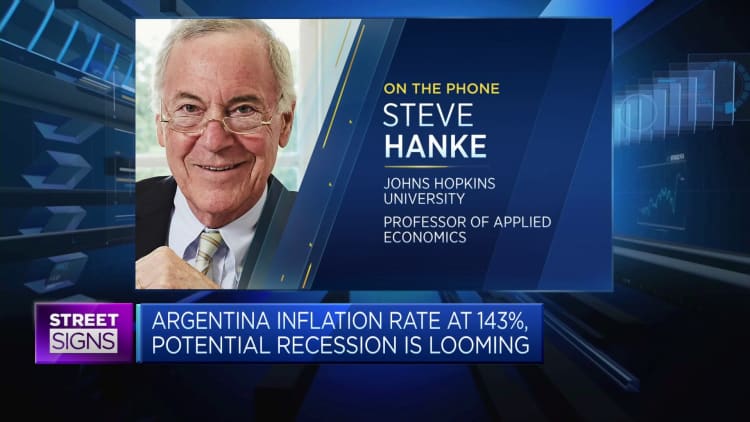
"The key problem in Argentina since 1876 has been the peso," Steve Hanke, professor of applied economics at Johns Hopkins University, told CNBC's "Street Signs Asia" on Monday.
"One currency crisis after another. One recession after another. Defaults on debt — one right after another. They have had three defaults on sovereign debt since the year 2000. And the current inflation rate, I just measured it today, it's 220% in Argentina," he added.
"It's all tangled up with the central bank and the peso. So, Milei has the right idea. You've got to dollarize and many of these arguments against dollarization are absolute rubbish. This idea that somehow, they don't have enough dollars to dollarize is ridiculous."
Hanke said he had not been a formal part of Milei's campaign, but had been in close contact with his technical team and described himself as an "informal advisor" on issues such as dollarization.
Read more CNBC politics coverage
"Dollarization is feasible and it's desirable," Hanke said, saying the next steps would need to be akin to "a precision drill."
He added, "We're talking about a very precise operation. So, if it is done right, it will be a huge economic boom in Argentina. Very positive."
Likelihood of immediate dollarization 'remains remote'
Jimena Blanco, head of Americas at Verisk Maplecroft, noted that Milei will need to deliver significant structural reforms if he is to make good on his promises including dollarizing the economy and scrapping the central bank.
"The former, however, requires dollars that the central bank currently lacks and, therefore, the probability of immediate dollarisation remains remote," said said in a research note.
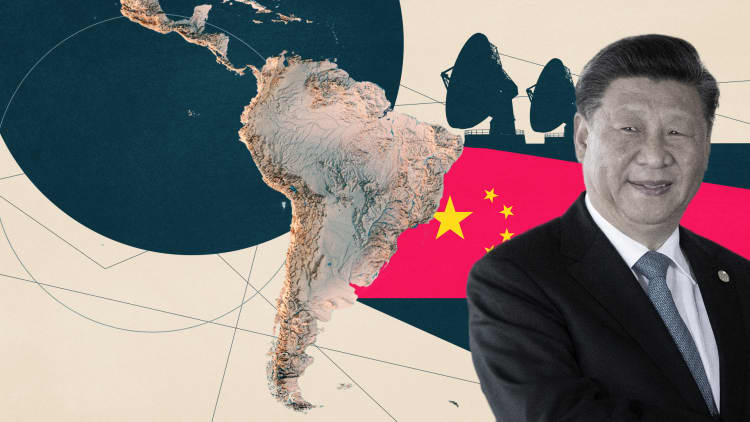
"In the immediate term, we expect Milei would announce a tough fiscal, monetary and FX policy to begin stabilizing the economy and reduce inflation with the aim of transitioning towards dollarisation. And while peso-denominated bonds would take a hit, market expectations might improve over the medium-term horizon."

 AbJimroe
AbJimroe 







